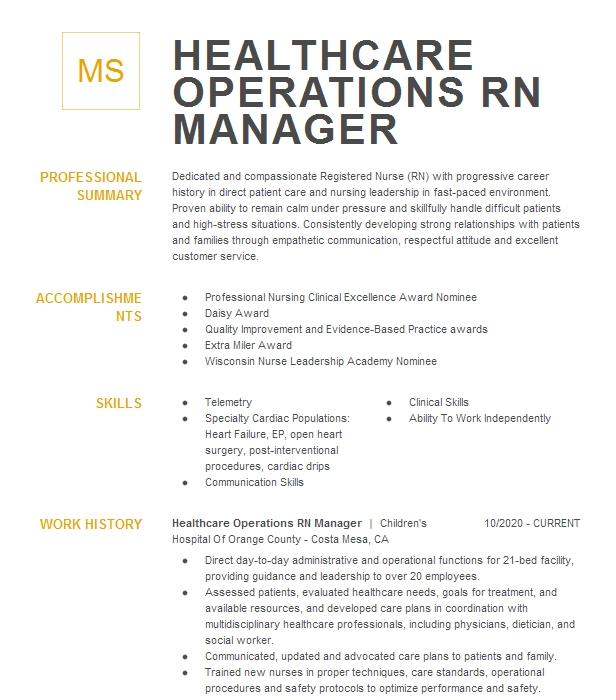Progressive Operations Leadership: Strategies for Success


Embracing Change in Operations Management
In the dynamic landscape of business, embracing a progressive approach to operations leadership is essential for sustained success. Progressive Operations Leadership involves adapting to change, leveraging innovation, and constantly evolving to meet the demands of the ever-evolving business environment.
The Role of Visionary Leadership
A key component of Progressive Operations Leadership is having visionary leaders at the helm. Visionary leaders inspire their teams, foster a culture of innovation, and set a strategic direction for the organization. By having leaders who can see beyond the immediate challenges, businesses can navigate uncertainties with resilience and foresight.
Integrating Technology for Efficiency
Progressive Operations Leadership entails staying at the forefront of technological advancements. Integrating the latest technologies into operations can significantly enhance efficiency and productivity. Whether it’s automation, data analytics, or digital platforms, technology plays a crucial role in streamlining processes and improving overall operational effectiveness.
Empowering the Workforce
Empowering the workforce is a cornerstone of Progressive Operations Leadership. Leaders should focus on creating an inclusive and collaborative work environment. Providing employees with the tools, training, and autonomy they need fosters a sense of ownership and accountability, leading to higher levels of engagement and productivity.
Sustainability and Social Responsibility
A progressive operations leader recognizes the importance of sustainability and social responsibility. Incorporating eco-friendly practices and ethical considerations into operations not only contributes to a positive corporate image but also aligns the business with the values of an increasingly conscientious consumer base.
Adapting to Market Dynamics
In a rapidly changing market, adaptability is a key attribute of Progressive Operations Leadership. Leaders must stay attuned to market trends, consumer preferences, and industry developments. Being agile in response to these dynamics allows organizations to seize opportunities and mitigate risks effectively.
Continuous Improvement Strategies
Progressive Operations Leadership involves a commitment to continuous improvement. Implementing methodologies such as Six Sigma or Lean Management fosters a culture of continuous learning and optimization. Regularly assessing and refining operational processes ensures efficiency and effectiveness are always at the forefront.
Collaboration Across Departments
Breaking down silos and fostering collaboration across departments is vital for progressive operations leaders. In an interconnected business environment, seamless collaboration ensures that all aspects of the operation work cohesively. This approach promotes innovation and allows for a holistic view of organizational goals.
Risk Management and Resilience
Effective risk management is integral to Progressive Operations Leadership. Leaders must proactively identify potential risks and implement strategies to mitigate them. Building resilience into operations ensures that the organization can weather unforeseen challenges and emerge stronger on the other side.
Progressive Operations Leadership in Action
To witness the impact of Progressive Operations Leadership, businesses can explore tailored solutions at SupportSolutionsPanama.com. The intersection of visionary leadership, technological integration, and a commitment to continuous improvement can pave the way for operational excellence and long-term success.



![Discover the Future of [Product Category] Discover the Future of [Product Category]](https://images.unsplash.com/photo-1700104494865-200e961d942c?fm=jpg&q=60&w=3000&ixlib=rb-4.1.0&ixid=M3wxMjA3fDB8MHxzZWFyY2h8OXx8cHJvZHVjdCUyMGxhdW5jaCUyMG1hcmtldGluZyUyMGNhbXBhaWdufGVufDB8MHwwfHx8Mg%3D%3D)





